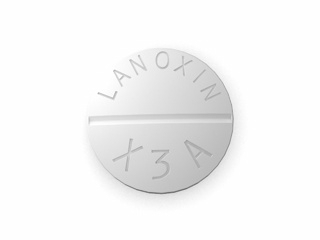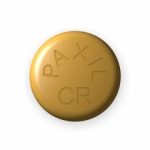Cardiovascular medications are drugs that are used to treat conditions related to the heart and blood vessels. Here are some common types of cardiovascular medications:
Antihypertensive medications: These drugs are used to lower blood pressure and reduce the risk of heart attack, stroke, and other cardiovascular events. Examples include ACE inhibitors, beta-blockers, calcium channel blockers, and diuretics.
Cholesterol-lowering medications: Also known as statins, these medications help lower cholesterol levels in the blood, reducing the risk of atherosclerosis (hardening of the arteries) and cardiovascular disease. Examples include atorvastatin, simvastatin, and rosuvastatin.
Antiplatelet medications: These drugs help prevent blood clots from forming by inhibiting platelet aggregation. They are commonly used to reduce the risk of heart attack and stroke in individuals with cardiovascular disease. Examples include aspirin, clopidogrel, and ticagrelor.
Anticoagulant medications: Similar to antiplatelet drugs, anticoagulants help prevent blood clots, but they work by inhibiting the coagulation (clotting) cascade. They are used to treat and prevent conditions such as deep vein thrombosis (DVT), pulmonary embolism (PE), and atrial fibrillation (AFib). Examples include warfarin, heparin, and rivaroxaban.
Heart rhythm medications: These drugs are used to regulate abnormal heart rhythms, such as atrial fibrillation, atrial flutter, and ventricular tachycardia. They may help control heart rate or restore normal sinus rhythm. Examples include beta-blockers, calcium channel blockers, and antiarrhythmic medications like amiodarone and flecainide.
Heart failure medications: These drugs are used to manage symptoms and improve the function of the heart in individuals with heart failure. They may include ACE inhibitors, beta-blockers, angiotensin receptor blockers (ARBs), diuretics, and medications that increase cardiac contractility (such as digoxin).
It’s important to note that the specific medications prescribed will depend on the individual’s condition, medical history, and other factors. Always follow your healthcare provider’s recommendations and take medications as directed.


















